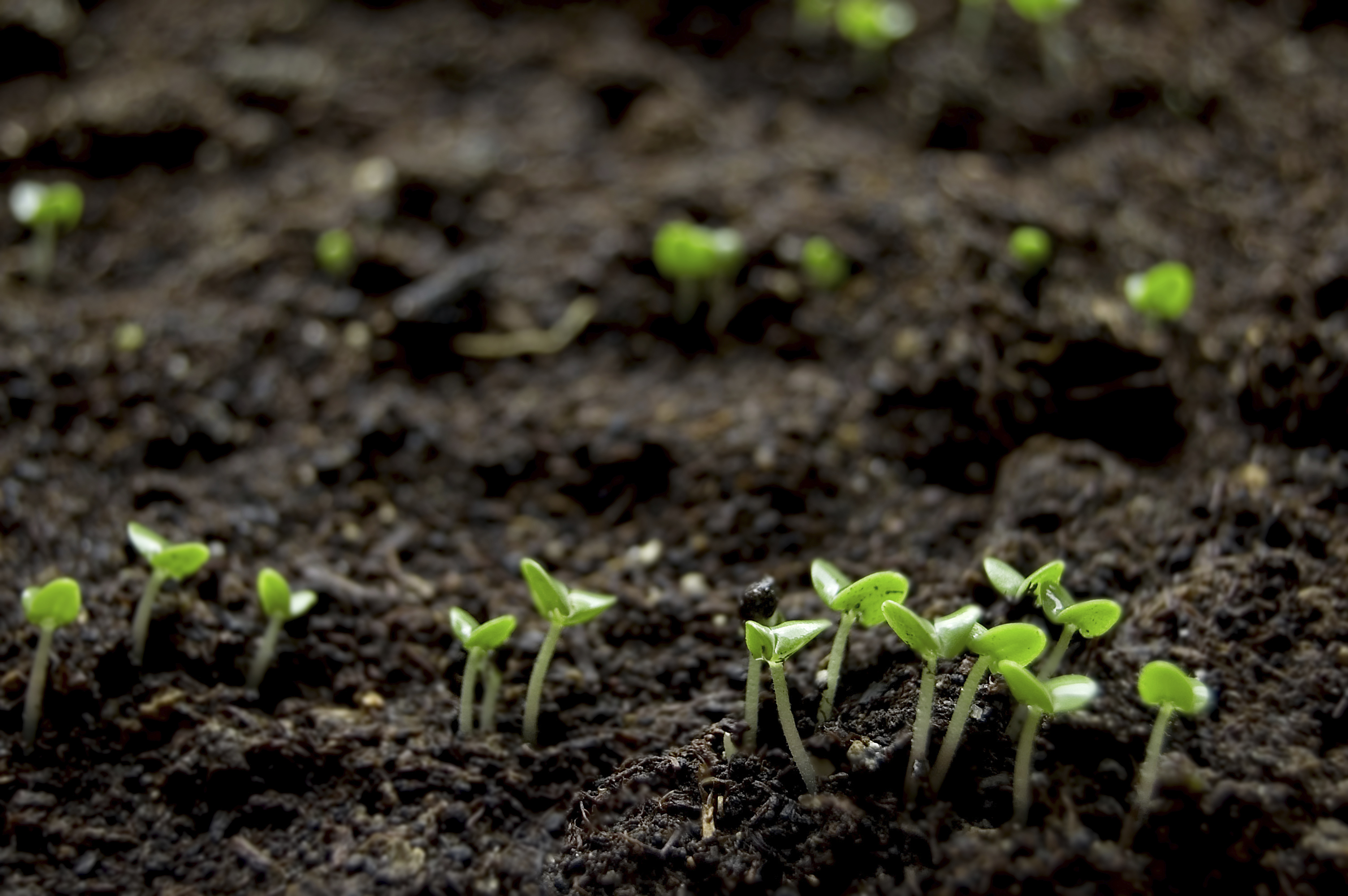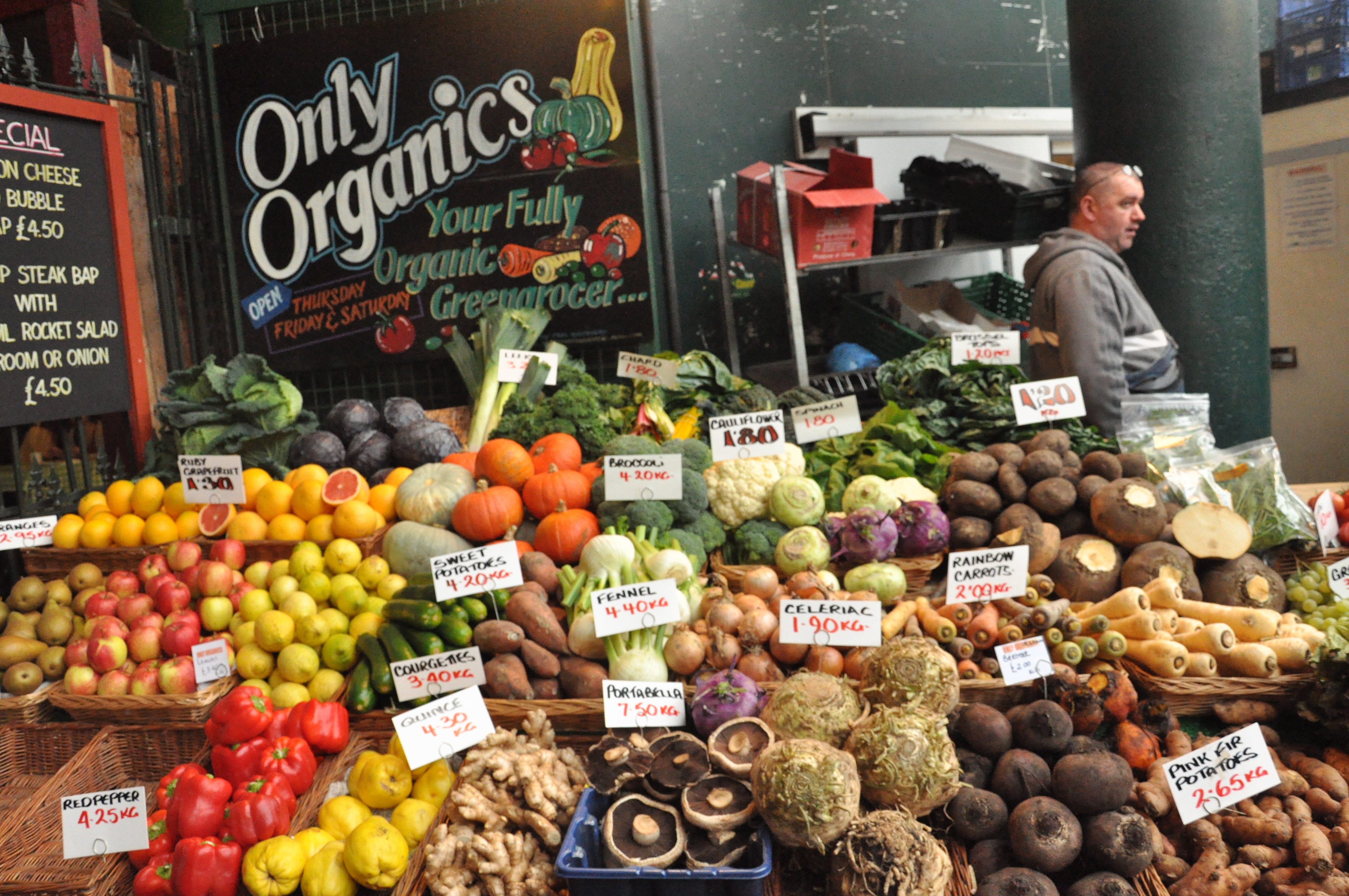Health food
Health VS. Money: The Organic Food Dilemma
Organic food is one the hippest food trends that is sweeping over India right now. With organic food stores popping up all over the place and workshops on organic farming, organic food has climbed up the food trend pyramid and is sitting on the pesticide free throne. Organic food is food that is grown through natural processes. The crops are grown in soil that is free of harmful pesticides, fertilizers and other chemicals that are harmful to the environment. Livestock is fed food that is free of modified genes, antibiotics and growth hormones. They are also raised in open spaces and given organic forage. These processes ensure that these are GMO (genetically modified organisms) free.

Over the past few years, food has been under speculation because most of the fruits and vegetables we eat are genetically modified or were cultivated with the help of some harmful substances. The issue arises when these foods begin to affect our body like increased risks of cancer and weakened immune systems, especially in children. Hence, farmers began to grow their crops organically.
These healthy foods come at a price, a high price. For examples, 1 kg of potatoes is Rs. 27 off bigbasket.com but organically grown potatoes is a staggering Rs. 80 at an organic food chain store. Onions are Rs. 27 while organic onions are Rs. 78. This has a significant impact on the image that organic food portrays. It makes this health food difficult to purchase, unappetizing, and if I dare say so, elitist. It forces families to make choose between two incredibly valuable possessions: money and good health. Logically, it would be wise for a family to invest in organic food as it would limit the risk of contracting diseases and infections from processed and altered food. However, a consumer’s rational ignorance inevitably plays a role and results in people choosing to preserve the money that they currently have, rather than spending it on food that could very well be more nutritious and beneficial to them.
This rational ignorance stems from the fact that consumers do not want to know about the benefits of organic food (or accept them for that matter) because the cost, both health wise and economically, would be too high. Many a times, people will deny the notion that organic food is in fact beneficial and rely on the studies that sporadically say that there aren’t any benefits to natural food. Then comes the theories that suggest that no food is actually cultivated organically, but rather, organic food stores are liars that steal money from you. All of these factors result in an increase in organic food hype, but a decreased amount of it in the kitchen.
Furthermore, there is the elitist and privileged aspect of it. Continuing on the belief that organic food does in fact have health benefits, then it wouldn’t be ethical for only a select group of people to have access to it. This of course, is a much more complex and larger problem to solve that would require a revamping of the country’s (and the rest of the world) agricultural sector. So how does one solve this issue? One of the reasons organic food is so much pricier than regular food is because there is a lack of demand of it, which is inversely related to the fact that the food is already to expensive except for a small margin of people. On top of this is fact that organic farming requires larger inputs of labor because it generates smaller harvest for more work. Perhaps if the organic agriculture industry was subsidized then prices would decrease and demand would increase, helping the market reach an equilibrium. But this would be effective only in the long run.
For now, I think that organic food is not a particular necessity. While there are obvious health benefits that come with organic food, regular foods seldom pose immediate threats. Of course, a consumer must be aware of where their food is coming from—there is a difference between eating food that is grown with the help of fertilizers other than compost and eating fish that swim in rivers willed with mercury. The hope is that over time, organic food will stop becoming a trend and will integrate itself into our regular grocery stores and consequently our diet. Currently though, the need for organic food is still minimal, making the fact that there is a limited demand for it, understandable.





















